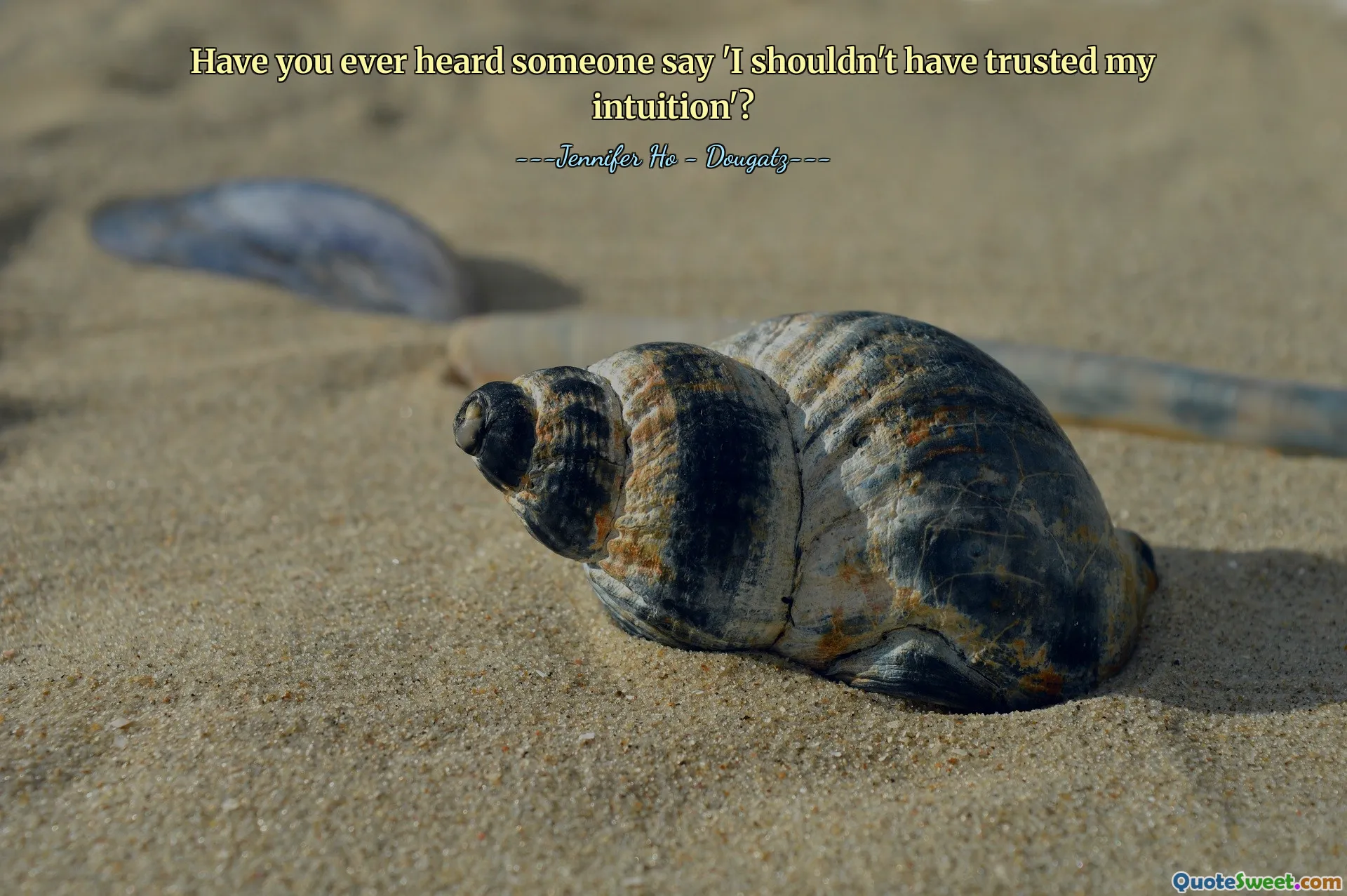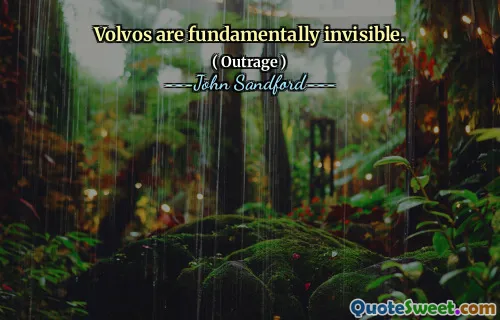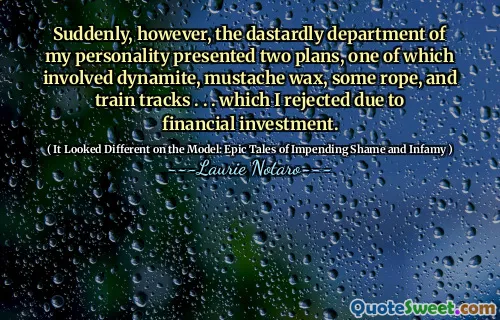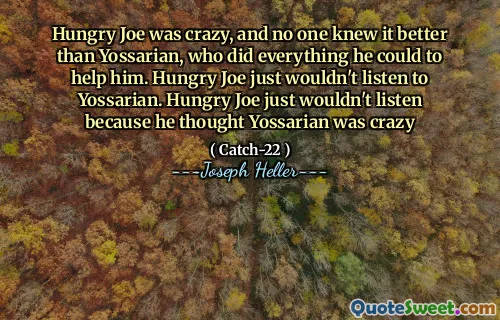
Have you ever heard someone say 'I shouldn't have trusted my intuition'?
This quote invites us to reflect on the complex relationship many people have with their own instincts. Trusting one's intuition is often portrayed as a vital component of self-awareness and decision-making, guiding us through uncertain or ambiguous situations. However, the phrase 'I shouldn't have trusted my intuition' hints at a sense of regret or self-doubt, suggesting that sometimes our gut feelings can lead us astray or feel unjustified after the fact.
One possible interpretation is that trusting intuition is inherently risky; our subconscious minds can be influenced by biases, incomplete information, or emotional states, which can cloud judgment. When decisions based solely on instinct turn out poorly, individuals might feel betrayed by their own internal compass. This raises an important conversation about balancing intuition with rational analysis. While intuition can be a powerful tool, especially when quick decisions are necessary or available evidence is limited, it should sometimes be tempered with critical thinking.
Furthermore, this quote underscores the internal conflict many face between listening to their inner voice and second-guessing that voice afterward. Regret might not be just about the outcome but also about a perceived failure to heed better judgment or analyze more scrutinously. Learning to trust oneself involves understanding when intuition is reliable and when external information should be prioritized.
Ultimately, the value of trusting one's intuition depends on context and individual experience. Developing a nuanced approach—honoring instincts while also engaging in thoughtful reflection—can lead to better decision-making and a stronger sense of self-trust.
---Jennifer Ho - Dougatz---











